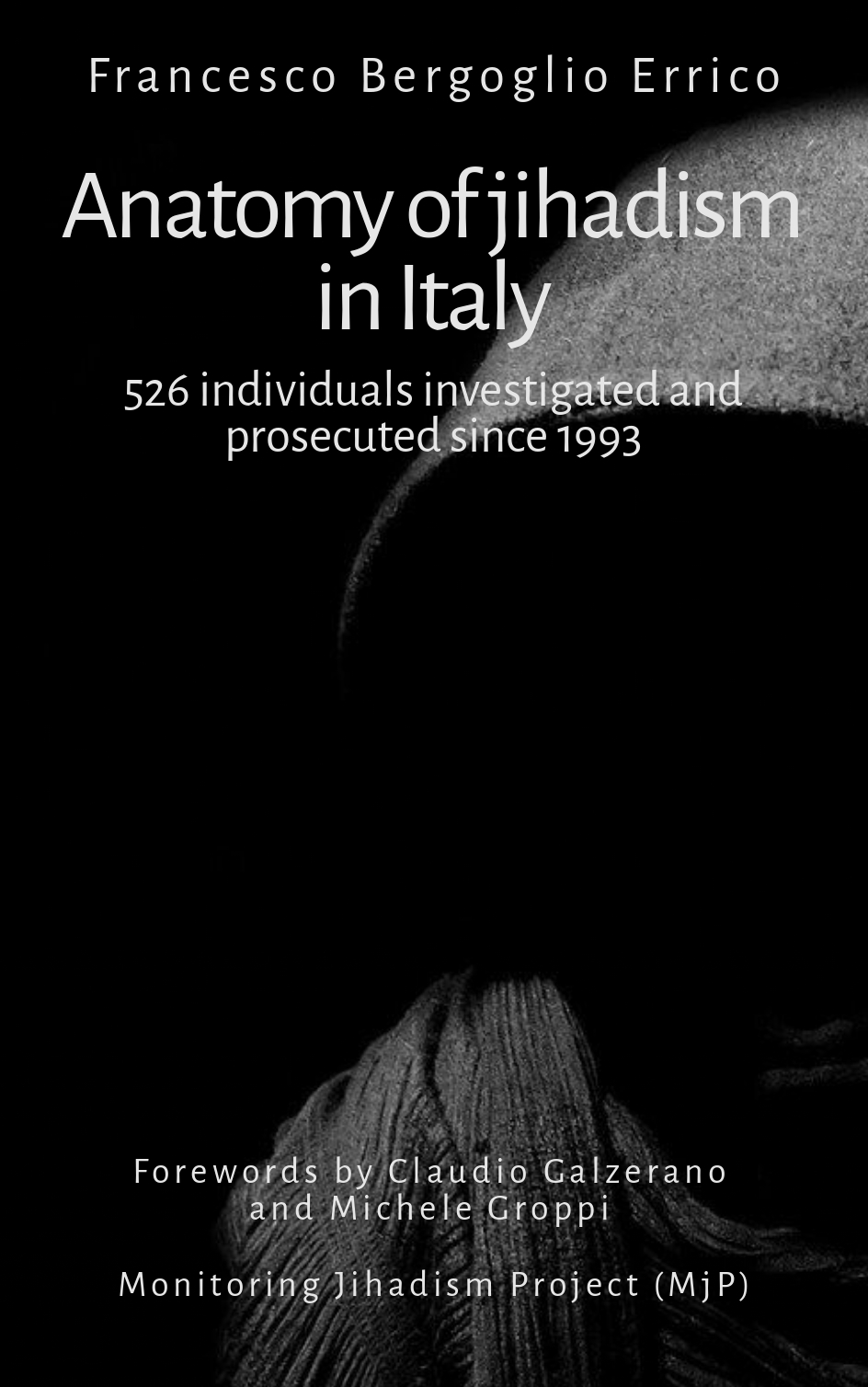Raphael Gendron
Raphael Marcel Frederic Gendron was born in Montfermeil, France, on May 24, 1975, and was French-Algerian. Although he spent most of his life in Belgium, he did not hold Belgian nationality. He was a computer engineer and practiced taekwondo. In 1992 he converted to Islam and in 1999 he started to frequent the Belgian Islamic Centre (Centre Islamique Belge; CIB) in Molenbeek-Saint-Jean, run by imam Bassam Ayachi. Initially, Gendron managed the reception at the centre. Together with Abdul Rahmane Ayachi, the imam’s son, he operated the website “Assabyle.com”, associated with the CIB, which disseminated anti-Zionist and xenophobic propaganda, leading to their conviction. Following the criminal proceedings, the website was shut down, but they launched another site called “Ribaat.org,” registered in Pakistan, which had around 300,000 members. This new site, featuring similar content, was funded by Gendron at a cost of 100 euros per month.
The Rafydain Centre, established within ribaat.org and likely managed by approximately fifteen members, was connected to the Global Islamic Media Front (G.I.M.F.), the press office of al-Qaeda. Specifically, the Rafydain Centre’s role involved translating documents, coming from the G.I.M.F., from Arabic to French. These translated documents were then uploaded to the Al Mourabitoune forum, situated within ribaat.org, by forum moderators who operated using access codes, likely those found in a Gendron’s pen drive by the Italian police. A witness claimed to have become a Ribaat moderator on the proposal of Gendron. Al Mourabitoune forum attracted between five and ten thousand daily visitors, who frequently engaged by leaving messages. Publishing news and documents on the website and forum, the Centre allowed the dissemination of information coming from al-Qaeda in the Western world also thanks to translators like Barbara Farina.
Gendron was arrested on November 11, 2008, together with imam Bassam Ayachi with the accusation of aiding and abetting illegal immigration after being blocked in Bari, Southern Italy, aboard a camper on which they had hidden five foreign citizens. Among them there was Ahmed Alnafis, who was wanted internationally for robbery, kidnapping, and sexual assault. Wiretaps revealed that Ayachi and Gendron had travelled to Syria to pick up a “mujahidin brother”. Additionally, fourteen people arrested in Brussels on December 11, 2008, collaborated with Gendron in the management of Ribaat.
After the arrest, investigators analysed six USB drives and DVDs in possession of Ayachi and Gendron. The content suggested that their activities were aimed at recruiting young illegal immigrants, particularly from Palestine and Syria, for training and eventual deployment in terrorist activities against Allied forces in Iraq and Afghanistan. Among the documents found there were readings and commentaries on statements by Osama bin Laden, speeches by al-Zarqawi, reports on operations by the Iraqi resistance against the U.S. Army and material for the training of the perfect mujahidin.
Notably, a pen drive deposited by Gendron contained the testament of a potential martyr, Hicham Beyayo, also known as Abou Nizal, who was arrested in Belgium during Operation Salamì. Beyayo was suspected to be the would-be attacker in a planned assault on a summit in Belgium in December 2008. Investigators believed that Gendron was aware of Beyayo’s plan. Moreover, in a video in the pen drive, Gendron said that the fighters for jihad need engineers for logistics and guru to strengthen them religiously and morally. This thought was published by Gendron also in the forum Al Mourabitoune, where he used to write posts with the nickname Ossama al-Afgani. Also, Gendron was likely the possessor of the pen in which there was a document, signed by Gharib al-Diyar, that exhorted to invade online spaces with jihadist proclamations, inciting cyber-jihad.
He was consequently arrested along with imam Ayachi on charges of being a promoter, leader, organizer, and financier of international terrorism in Italy and abroad, collaborating with other individuals of French and Belgian nationality. He was accused of establishing a criminal organization in Italy, as well as in France and Belgium, linked to al-Qaeda. The activities in which he was involved include planning and executing terrorist actions against Western institutions as part of a jihadist agenda, possessing explosive devices, recruiting and training individuals for suicide attacks or combat in foreign countries, raising funds necessary to support these activities, and proselytizing and inciting jihad. In particular, Gendron raised money for Iraq.
According to Italian prosecutors, taped conversations between Gendron and Ayachi in prison referred to an attack at Paris Charles de Gaulle airport.
Meanwhile, in January 2009, an appeal court in Brussels found Gendron, along with Ayachi’s son, guilty of inciting hatred and violence against Jews on a Belgian-based jihadist website called “Minbar”, run by Malika El Around and Moez Garsallaoui. Minbar also published documents coming from al-Qaeda translated by the Rafydain Centre. After Garsallaoui left for Afghanistan, Gendron became also administrator of Minbar. This website has been closed.
On June 4, 2011, Gendron was sentenced by the Court of Assizes of Bari to eight years in prison, together with imam Ayachi. However, in 2012, he was released on appeal. Ayachi claimed to have decided to accommodate in his camper the foreigners, unbeknownst to Gendron. The Court of Cassation annulled the appeal judgment, postponing the trial to the second degree, where he was acquitted again on July 3, 2012, due to insufficient evidence. After he was released, he returned to Belgium.
On April 14, 2013, he was killed in Syria while fighting for the Islamist group Suqour al-Sham.




